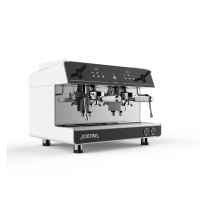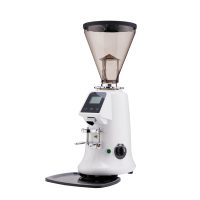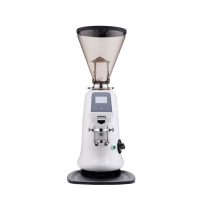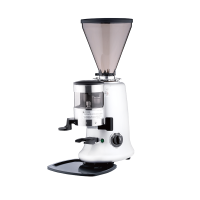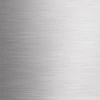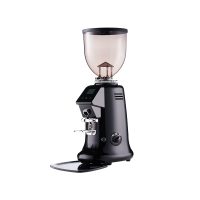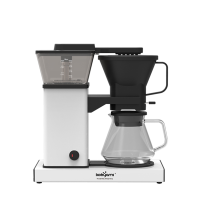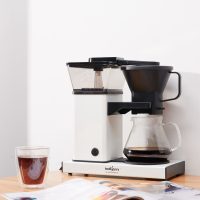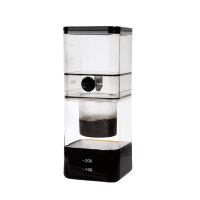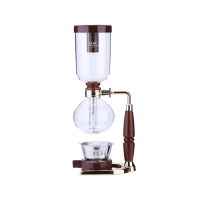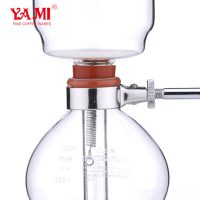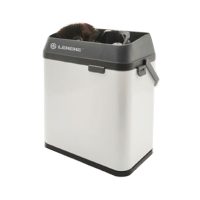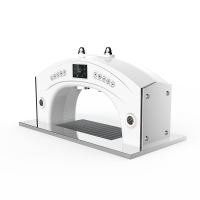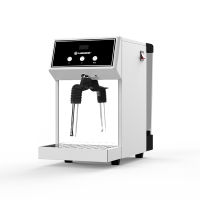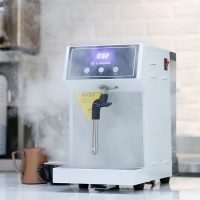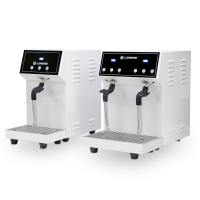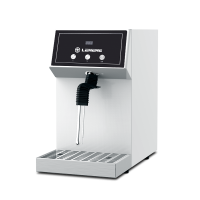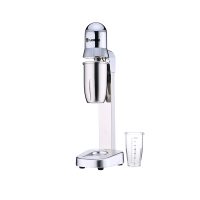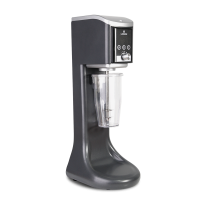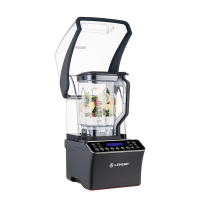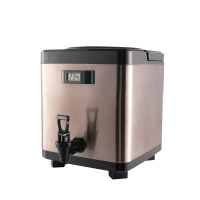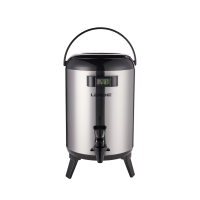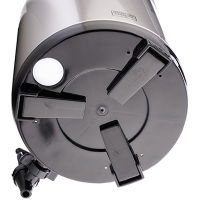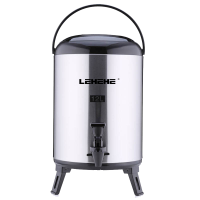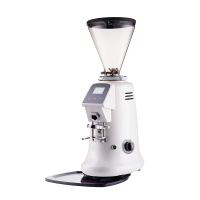Espresso machine boilers play a crucial role in the coffee-making process, responsible for heating and pressurizing water to brew the perfect espresso shot. Careful consideration should be given to the composition of a boiler in an espresso machine. Determining the superiority of one material over another can be challenging. The crucial factor lies in the manufacturer’s approach to designing the espresso machine. Manufacturers meticulously plan the machine’s operation before selecting the materials. The chosen materials are integral to achieving the desired performance and functionality of the espresso machine.
Copper
Copper stands out as a widely employed metal in the construction of espresso machine boilers due to its excellent heat conductivity and retention properties. These characteristics make it an optimal selection for efficiently heating water in espresso machines.
In general, copper is more thermo-conductive than brass, and more expensive than aluminum, brass, and stainless steel, so its inclusion in an espresso machine may contribute to a higher price point.

Stainless Steel
Stainless steel boilers find extensive use in a diverse range of machines. Their robust durability and resistance to corrosion position them as a dependable option for boiler construction. While stainless steel has a lower conductivity compared to some other boiler metals, its compensatory advantage lies in the efficiency gained through requiring less material.

Brass
Brass is widely used in espresso machines, spanning from mid-tier to high-end models. Given its lower cost compared to copper, brass is generally a more affordable metal, making it a common choice in smaller machines or when cost savings are a priority.
Aluminum
The primary advantage of aluminum lies in its cost-effectiveness, helping to keep the overall expenses of these machines in check. Aluminum is relatively inexpensive and lightweight, contributing to lower shipping costs.
However, a notable drawback is its susceptibility to corrosion, although the corrosion color is white rather than the iconic red associated with iron. In entry-level machines, aluminum boilers may eventually wear out due to corrosion. Buyers acknowledge that these machines are constructed with cost considerations and don’t anticipate them to have an indefinite lifespan.

